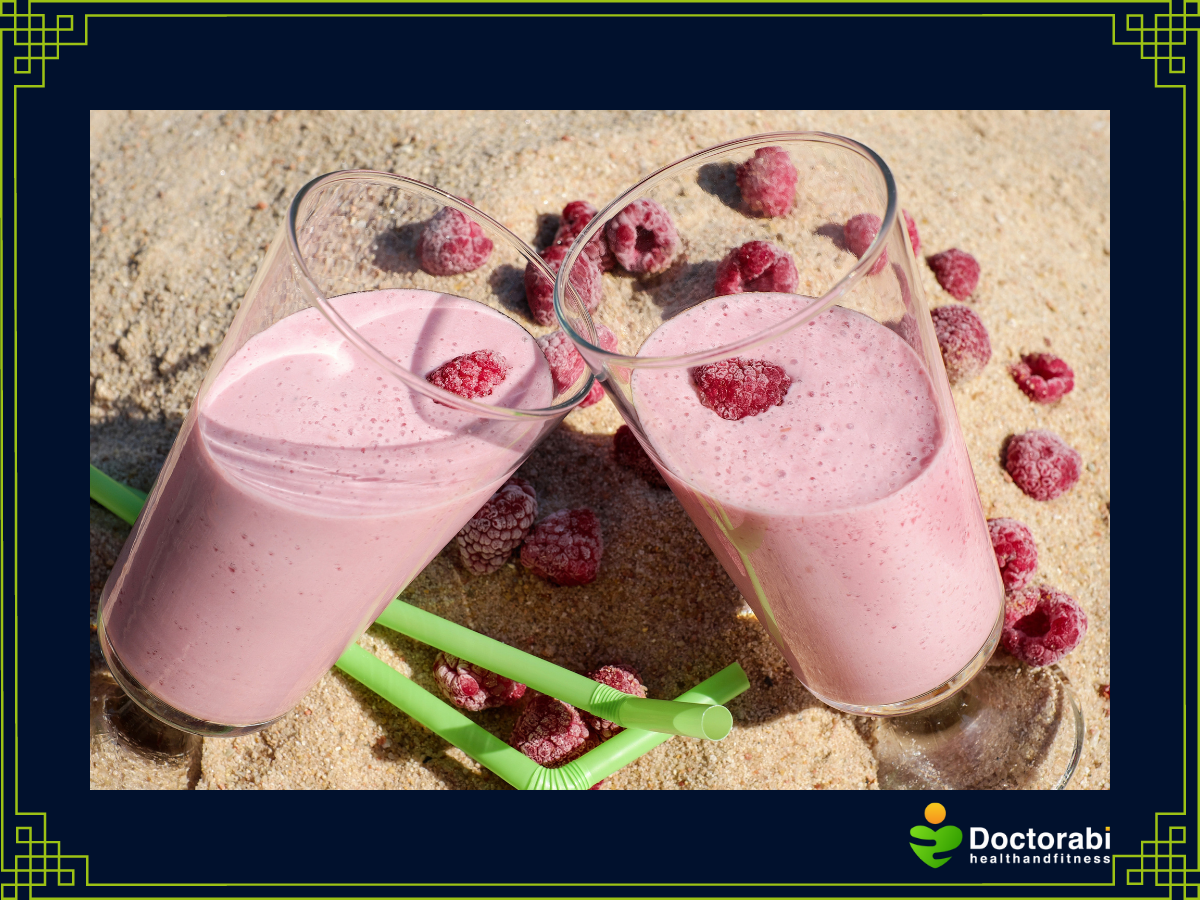As a physician and health coach, I am often asked about meal replacement products, including shakes, powders, energy bars, and performance enhancers. Now, do you absolutely need meal replacement products? The answer is no! Not if you know all the appropriate servings and nutrients you should consume every day. And not if you have enough time to cook healthy and nutritious meals regularly. If you do not fall in either category, including a meal replacement product as part of a healthy diet could be an option.
Over the years, I have spent tons of money on meal replacement products because I am always looking for answers. Here is the kicker, 9 out of 10 times, I try each product once or twice then decide it is not for me. The ads are so good that they make you believe that you have finally found the magic formula. All you have to do is take it daily, and voila! You will lose those stubborn pounds and feel energized and healthy. What more can a lady want? Right?
My advice, don’t waste your money as I did. If you can prepare and eat good nutritious meals that fuel your body, you probably don’t need any additional supplements. If, however, you are pretty busy and cannot afford to cook or eat the recommended daily servings of each nutrient, including fruits and vegetables, adding a nutritional supplement is a good idea. As I mentioned, I have tried several different meal replacement products, and I have found out that they are not all the same. You need to be selective when choosing a meal replacement product.

What are Meal Replacement Products Exactly?
Meal replacement products are consumed instead of eating an actual meal. They contain the same nutritional value as a meal but fewer calories. They are often confused with protein shakes which are used to add protein to the diet. Though they contain protein necessary to curb appetite and satisfy hunger, meal replacement products have other nutrients, including fiber and other essential nutrients. They can be used as a substitute for one or two meals a day.
The effects of meal replacement products on weight loss and weight maintenance have been extensively studied. In one study, after three months, obese participants who consumed meal replacement options and bars two out of three meals a day lost five times more of their initial body weight than those who ate conventional foods.
A Brief History of Meal Replacement Products
Meal replacement products have been around for a very long while. However, introduced in 1959, Metrecal, manufactured by Mead Johnson, popularized the idea of meal replacement products. In a matter of months, Metrecal became a diet craze causing its sales to skyrocket within the first year. As expected, the company was soon facing competitors as other meal replacement products, like SlimFast, were released into the market. Metrecal, and many similar products, were pulled off the market by the FDA by the late 1970s due to a rash of deaths.
Today, there are tons of meal replacement products on the market, with North America occupying the largest market share (over 45% in 2018). The global meal replacement product market is around 18 billion US dollars and is expected to reach over 25 billion US dollars by 2025. Some key players operating in the meal replacement products market include Kellogg, Abbott Nutrition, Herbalife, and Unilever.
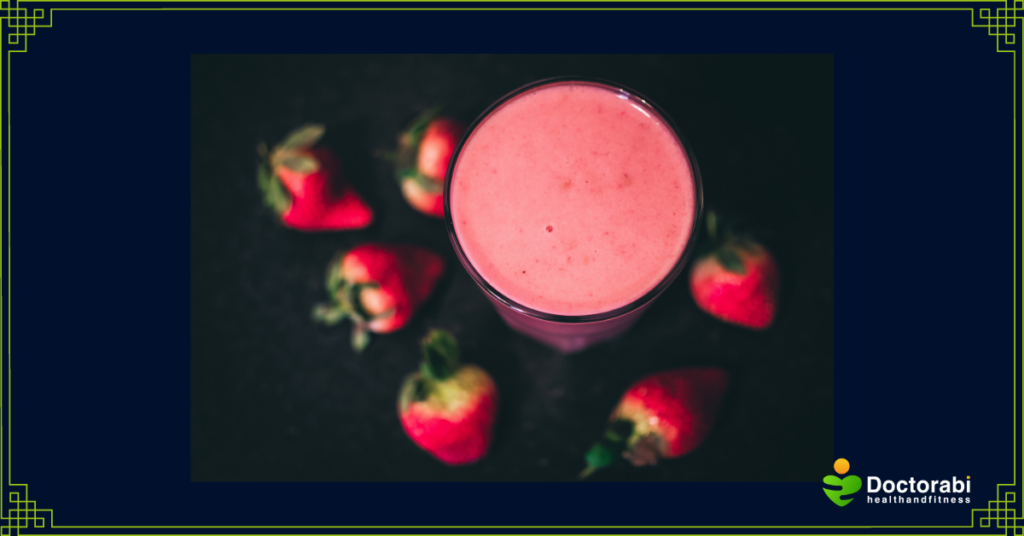
the Science Behind meal replacement products
25-50% of the total energy content of a good meal replacement product should come from protein. An ideal product should also contain a good dose of fiber—both protein and fiber help manage hunger and appetite. Consuming foods high in protein makes you feel fuller. You also stay full for a more extended period because protein is digested more slowly and stays in the gastrointestinal tract for a longer time than carbohydrates.
The fiber in these products fills your stomach and quickly makes you feel full and satiated. It also slows down the transit time of food in your intestines, so you feel full for a more extended period.
Additionally, meal replacement products support weight loss via sensory-specific satiety. Sensory-specific satiety is when you experience decreasing pleasure from tasting, smelling, or eating the same food or beverage until full or satisfied. Consuming the same meal replacement product daily triggers sensory-specific satiety, which may help decrease calorie consumption.
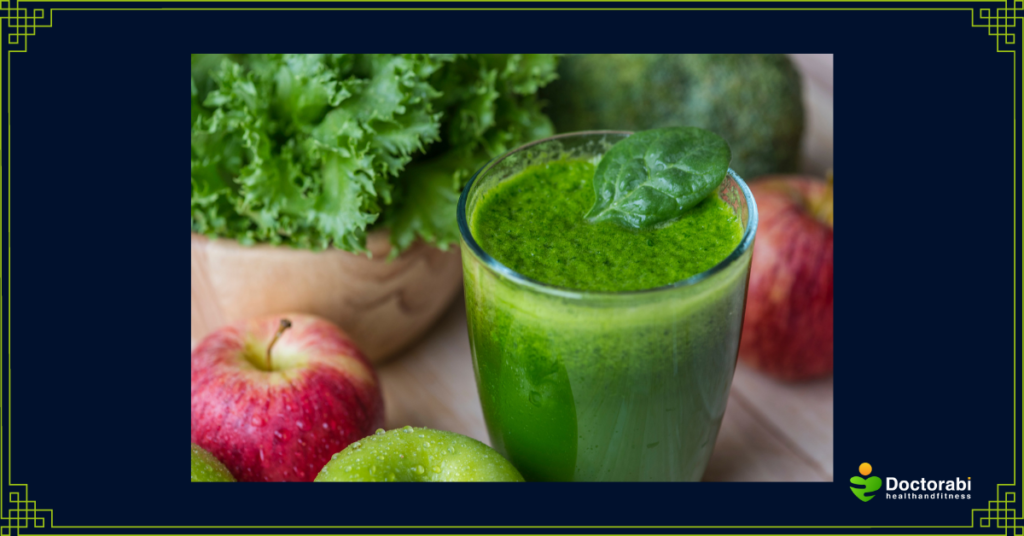
10 Reasons to Consider Meal Replacement Products
1) They save time as our hectic lifestyles barely leave us with enough time to cook healthy, nutritious meals every day.
2) They are convenient, and you can even make them on the go.
3) They are an all-inclusive food option containing fiber, protein, and other essential nutrients.
4) They can support digestion and regularity.
5) They can help promote weight loss.
6) They are easy to store and have a longer shelf-life. That means less time grocery shopping.
7) They can reduce junk food cravings.
8) They are an easy alternative to fast foods.
9) They come in different delicious flavors and various nutrient combinations, including vegan options.
10) They allow reduced contact with calorie-dense foods and lessen the decision-making time.
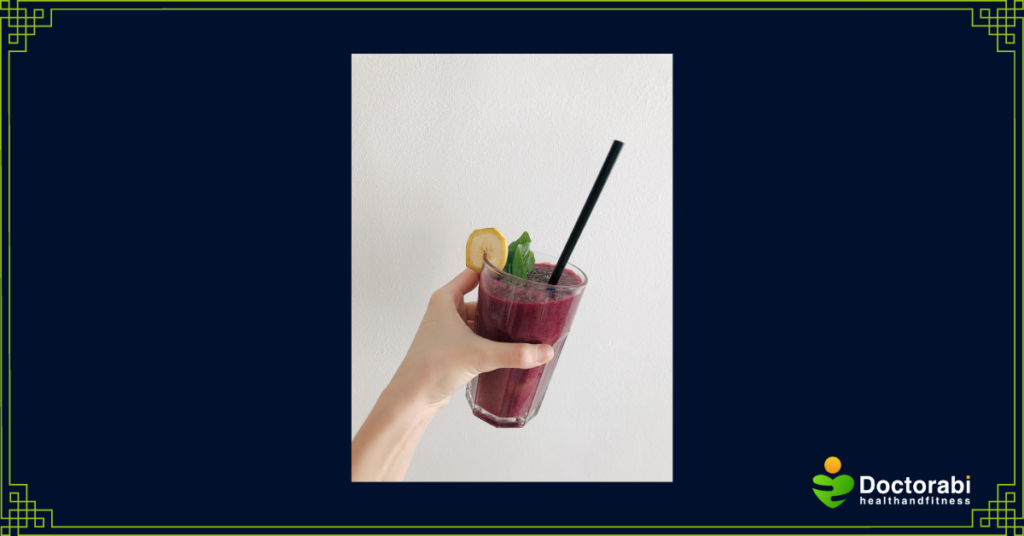
Types of Meal Replacement Products
There are various types of meal replacement products. They include meal bars, shakes, and powders that need to be mixed with milk, water, or other fluids. There are tons of each type of product, and which form you choose will depend on your personal preference. Are you on a diet and have concerns that a meal replacement product will mess up your diet? No worries! You can find products that comply with specific diets, such as Keto, Paleo, Vegan, Zone, etc. Are you wondering if you need to be on a diet? Check out my blog titled, “Which Diet, if any, is Best for you”?
You may get hungry quicker with shakes as they are absorbed faster because they are in a liquid form. In contrast, meal bars are absorbed more slowly due to being in a solid form. Meal bars are easy to carry around and can be a convenient substitute for lunch consumed during working hours. Powders are not as convenient because they have to be mixed or often blended with milk or other fluids to make them more palatable. However, they provide some flexibility because you can add other foods, such as greens, berries, or additional fiber.
My personal preference is for powders because you can easily get your daily servings of fruits and vegetables added to them. I also like the convenience of meal bars.
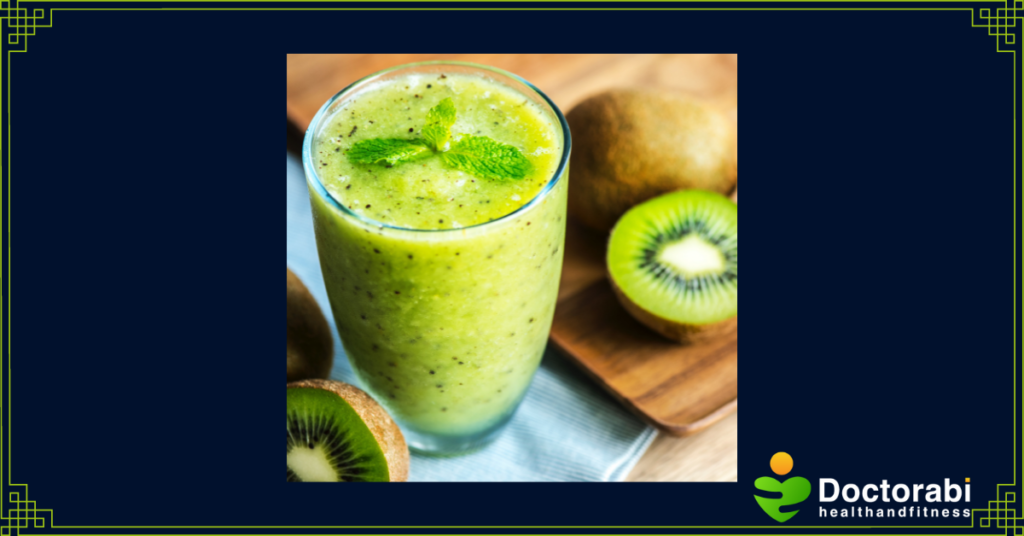
What are People Saying about Meal Replacement Products?
1) One in three Americans agree that they do not take care of themselves as well as they should because of their busy lifestyle.
2) Research shows that three in five people currently use nutritional and performance drinks as a meal replacement.
3) 8 out of 10 people view nutritional and performance drinks as a great guilt-free snack.
4) 7 out of 10 people agree that nutritional and performance drinks are a more effective source of nutrients.
5) Almost 8 out of 10 people agree that nutritional and performance drinks are more convenient than whole foods such as fruits, nuts, and grains.
6) 9 out of 10 people agree that nutritional and performance drinks help them maintain a healthy lifestyle.
7) When purchasing nutritional and performance drinks, the most important factors for Americans are favorite flavor (41 percent), amount of protein (40 percent), and high fiber (33 percent).

What to look for in a Meal Replacement Product
1) They should contain 200 to 400 calories.
2) They should provide the right balance of fats, calories, proteins, and other healthy nutrients.
3) They should require minimal cooking or preparation time.
4) They should come in convenient packaging.
5) Specifically, they should contain 15–25 grams of protein, at least 18 vitamins and minerals, 10–13 grams of healthy fat, and a good dose of fiber per serving.
6) Avoid products with more than 400 calories per serving, artificial flavors, or added sugars.
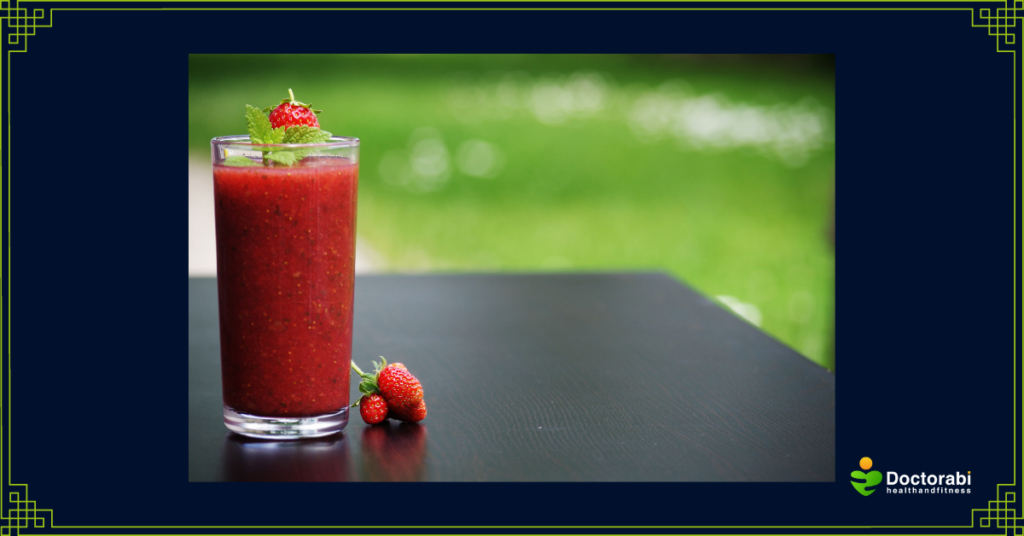
Limitations and Side Effects
1) Consuming meal replacement products over time can become monotonous. This is a great limitation for food lovers, like myself, who relish the tastes and textures of a variety of foods.
2) Individuals may consume them and still eat regular meals causing them to consume too many calories.
3) Meal replacement products can be quite pricey.
4) Some individuals may experience bloating and diarrhea with meal replacement products.
5) Regularly consuming meal replacement products may hinder people from learning to recognize and eat smaller portions at mealtime. This portion control skill is a crucial part of any good comprehensive weight management program.
6) Individuals may sometimes have to forgo social gatherings over meals.

Conclusion
Meal replacement products are here to stay. Though not necessary, they are a reasonable substitute for meals when other factors hinder us from eating healthy meals. The most important step is to choose your meal replacement product wisely by reading the labels carefully. Ensure that your meal replacement product meets the requirements described above.
I would love to hear about your experience with meal replacement products. What have you tried so far? What worked and what did not work? Did taking a meal replacement product help you manage your weight? Thanks for sharing.
Yours in health and fitness,
Doctor Abi.

